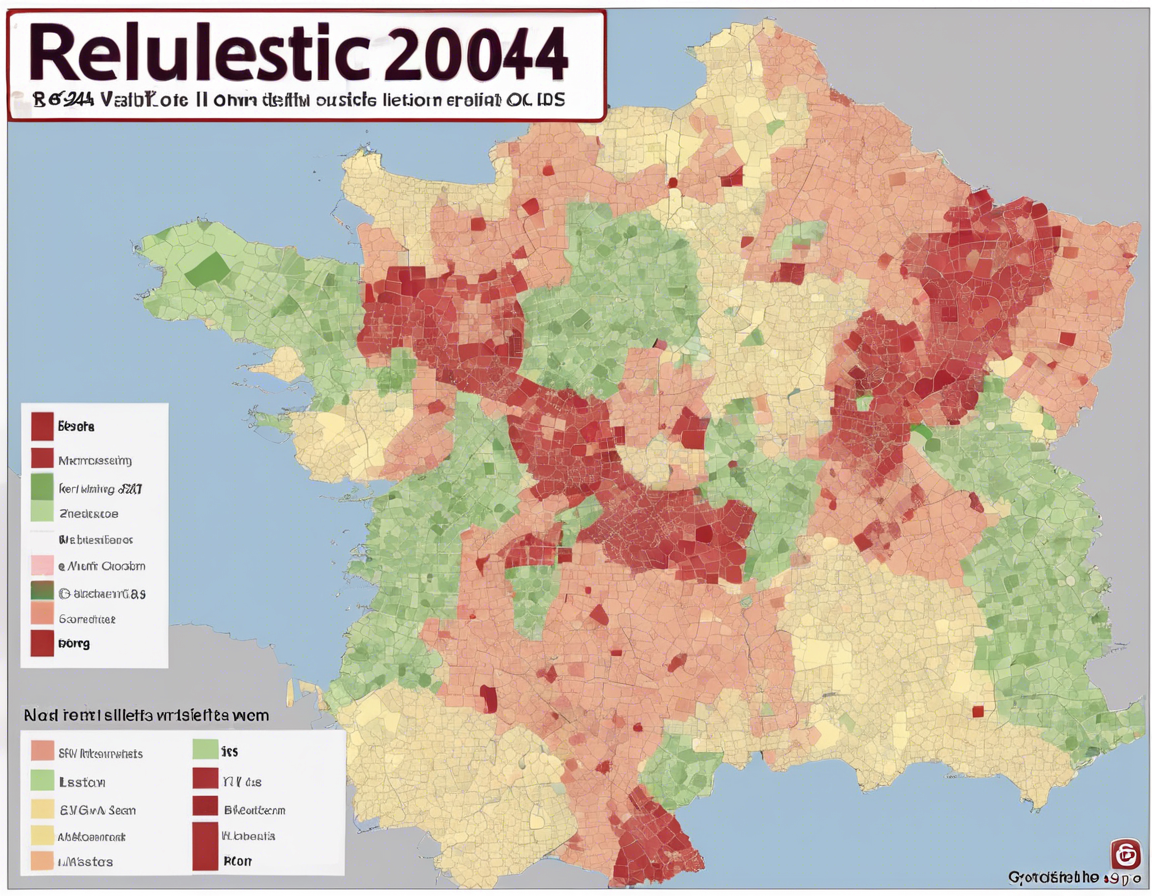2024 BBC Local Election Results Analysis
In the recent 2024 BBC local elections, the political landscape in various regions across the United Kingdom saw significant shifts and outcomes that have drawn attention and analysis from multiple angles. The local elections, often considered a key indicator of the public’s sentiment and the performance of political parties at a grassroots level, have once again sparked debates, discussions, and interpretations among political analysts, experts, and the general public.
Analysis of Key Trends and Results
1. Impact of National Issues
The local elections in 2024 were heavily influenced by national issues, including Brexit, COVID-19, and the economic recovery post-pandemic. The performance of political parties in these elections reflected how the electorate perceived their handling of these critical issues.
2. Green Wave
One of the standout trends in the 2024 local elections was the surge in support for Green parties across various regions. This increased focus on environmental issues and sustainability agendas has resonated with voters, leading to significant gains for the Green Party in many local councils.
3. Labour’s Performance
The Labour Party’s performance in the local elections has been closely scrutinized, with mixed results across different boroughs and regions. Factors such as leadership, policy positions, and local campaign strategies have all played a role in determining Labour’s success or setbacks in specific areas.
4. Conservative Resilience
Despite facing challenges on multiple fronts, the Conservative Party managed to maintain its presence in key local councils and even made gains in certain regions. The party’s ability to connect with voters on economic recovery, law and order issues, and governance has been instrumental in its performance.
5. Impact of Independent Candidates
The emergence of independent candidates and local grassroots movements has been a notable feature of the 2024 local elections. These candidates, often fueled by community-centric agendas and a disillusionment with traditional party politics, have managed to win seats and influence the composition of local councils.
Regional Insights
London
In the capital city, the local elections saw a closely contested battle between Labour and the Conservative Party, with both parties securing key wins in different boroughs. The Green Party’s performance also stood out, especially in areas with a strong focus on climate change and sustainability.
Northern England
In the North of England, traditionally considered a Labour stronghold, there were shifts in support towards the Conservatives in some constituencies. The impact of post-industrial challenges, economic policies, and devolution agendas played a role in shaping the electoral outcomes.
Scotland
The local elections in Scotland witnessed a dynamic political landscape, with the Scottish National Party (SNP) maintaining its dominance in many areas. The debate around independence, as well as issues related to public services and governance, featured prominently in the campaign narratives.
Wales
In Wales, Plaid Cymru made significant gains in some regions, challenging the long-standing dominance of Labour in Welsh politics. The focus on Welsh identity, language, and devolved powers resonated with voters, leading to diverse results across different councils.
FAQs
1. What role did social media play in the 2024 local elections?
Social media platforms have become crucial tools for political parties and candidates to connect with voters, share their messages, and mobilize support. The use of targeted ads, live broadcasts, and engagement strategies on platforms like Facebook, Twitter, and Instagram has been a defining feature of modern election campaigns.
2. How did voter turnout in the 2024 local elections compare to previous years?
The voter turnout in the 2024 local elections varied across regions, with some areas experiencing higher participation rates compared to others. Factors such as the weather, campaign intensity, and the visibility of local issues all contributed to shaping voter turnout patterns.
3. What are the implications of the local election results for national politics?
The outcomes of the local elections can have ripple effects on national politics, influencing party strategies, leadership dynamics, and policy priorities. Strong performances at the local level can boost a party’s confidence and momentum going into general elections, while losses or setbacks may lead to internal reflections and strategic realignments.
4. How do local councils’ responsibilities impact voters’ choices in the elections?
Local councils play a crucial role in delivering essential services, managing public resources, and shaping communities’ well-being. Issues such as housing, education, transport, and planning decisions often weigh heavily on voters’ minds when deciding which candidates or parties to support in local elections.
5. What are some of the key factors that drive shifts in voter support during local elections?
Several factors can contribute to shifts in voter support during local elections, including national political trends, local community issues, candidate profiles, campaign messaging, and media coverage. The ability of parties to connect with voters on these different levels often determines their electoral success or failure.
In conclusion, the 2024 BBC local elections have provided a rich tapestry of insights, trends, and outcomes that shed light on the evolving nature of British politics at the grassroots level. The analysis of key trends, regional dynamics, and voter behaviors can serve as valuable inputs for understanding the broader implications of these elections on national politics and governance in the United Kingdom.
His love for reading is one of the many things that make him such a well-rounded individual. He's worked as both an freelancer and with Business Today before joining our team, but his addiction to self help books isn't something you can put into words - it just shows how much time he spends thinking about what kindles your soul!




